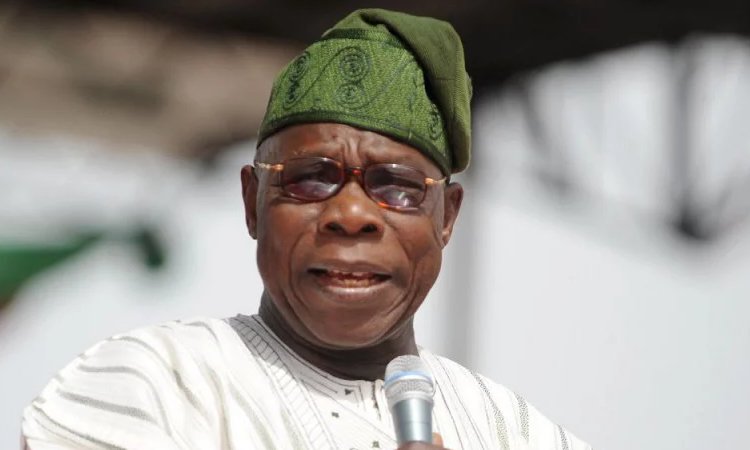Former President Olusegun Obasanjo has said corrupt politicians cannot provide good governance.
He spoke virtually at the memorial lecture of Denis Joseph Slattery on “the imperative for moral rectitude in governance”, held at the Civic Centre, Victoria Island, Lagos.

The memorial lecture, organised by the Old Boys’ Association of St. Finbarr’s College, was in remembrance of the late Irish-born missionary who sojourned to Ilawe-Ekiti, Nigeria in 1941.
The former president who referred to corrupt political leaders and politicians as “thieves”, said such people cannot provide just governance.
He said they should be jailed for their misconduct, adding that the most important demand of anybody involved in governance at any level is “accountability”.
According to the 87-year-old statesman, government officials with “questionable” integrity cannot make fair decisions for the greater good.
“If you look clinically at the people in government today at both executive and legislative levels, some of them should be permanently behind bars for their past misdemeanour and criminal misconduct.”
“You cannot expect thieves to give good judgement in favour of the owner of the property,” he said.
The Abeokuta-born politician and one time Head of State further recalled his shocking experience with corruption, citing how a government official normalised criminal behaviour when confronted.
“The first thing that shocked me when I went into politics was the level of corruption of election officials which was taken as normal”.
The second was the level of general and criminal misbehaviour which was taken with levity and impunity. We were at a meeting and a man lied and I confronted him, and the next thing he said is ‘It is all politics, Sir’.
“Every bad thing they do is passed on as politics which means politics has no room for morality, principles, rectitude, ethics, good character and attributes.”
Obasanjo added that Nigeria needs “transformational leaders rather than transactional leaders, truth instead of lies, honesty instead of dishonesty, integrity instead of disintegrity, hope instead of despair, production instead of deduction, inclusion instead of exclusion and marginalisation”.







